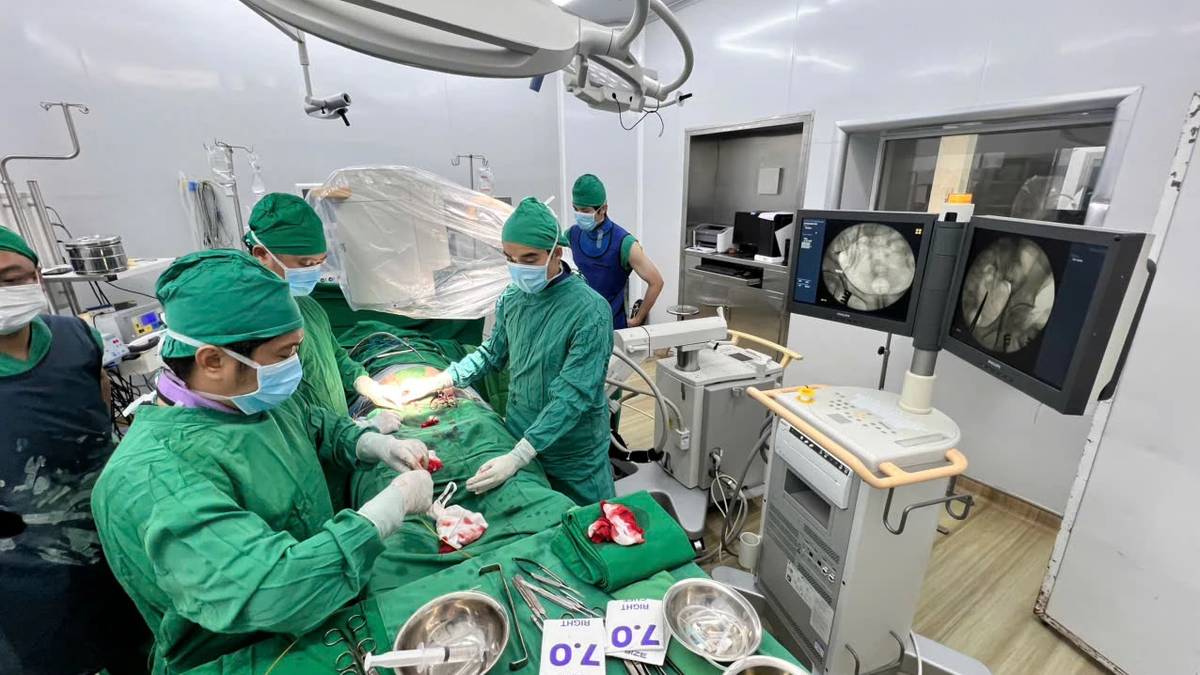
How the body changes when fasting
Dr. Palleti Siva Karthik Reddy, general practitioner at Koshys Multispeciality Hospital (Bengaluru, India) - said that the human body is an incredibly resilient and adaptable machine, able to endure periods of scarcity and lack of nutrients.
“When you start fasting for a day, your body goes through a number of physiological changes. Initially, your body uses up its glucose reserves for energy. Within the first 24 hours, glycogen (a branched polysaccharide of glucose) is depleted and your body starts to create glucose from non-carbohydrate sources such as amino acids,” the doctor explained.
If you continue fasting for the next 24 hours, your body will enter ketosis (a natural metabolic state), Reddy adds. Stored fat will begin to be broken down into ketone bodies for use as energy, especially by the brain. This process helps preserve muscle tissue and support energy needs without relying on muscle protein breakdown.
How does the body's metabolism adapt?
Dr. Reddy shares that, when fasting occurs, your metabolism adapts by decreasing insulin levels and increasing norepinephrine levels, leading to increased fat burning.
Reducing insulin also helps release excess salt and water from the kidneys, which often leads to initial weight loss due to dehydration.
Over the course of three days, if you continue fasting, your body's metabolism may temporarily increase due to the increased levels of norepinephrine. But it will eventually slow down to conserve energy as your body adapts to the lack of food.
Risks and benefits of 72-hour fasting
Benefit
Phagocytosis: This is the process of cleaning up cells, removing damaged cells and regenerating new, healthier cells.
Improved insulin sensitivity: Fasting can enhance the body's response to insulin, helping to reduce the risk of type 2 diabetes.
Mental clarity: Many people experience more mental clarity and focus due to increased production of brain-derived neurotrophic factor (BDNF) during ketosis.
Weight loss: Fasting can help you lose weight, mainly from stored fat, while preserving muscle mass.
Risk
Dehydration: Without water from food, there is a risk of dehydration. It is important to drink plenty of water.
Electrolyte imbalance: Prolonged fasting can lead to imbalances in essential electrolytes such as sodium, potassium, and magnesium.
Hypoglycemia: Low blood sugar can cause dizziness, headache, and fainting.
Sleep disturbances: Hunger and metabolic changes can disrupt sleep, causing fatigue and irritability.
Source: https://laodong.vn/suc-khoe/nhin-an-tac-dong-the-nao-den-co-the-1383509.ldo





































































































Comment (0)